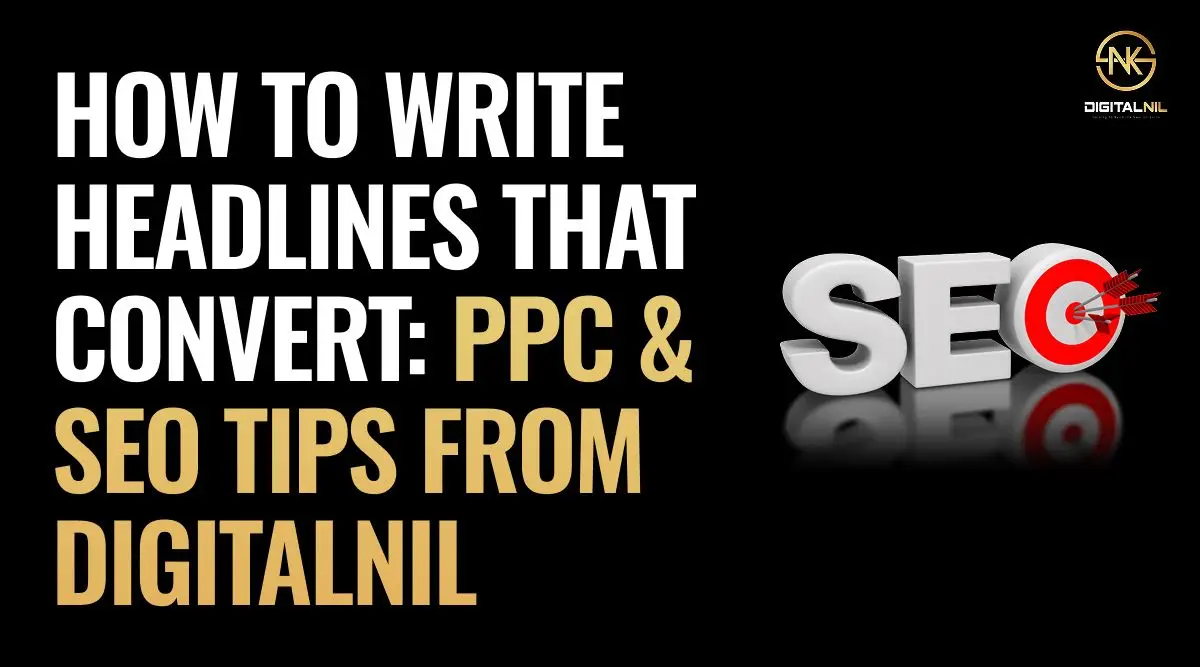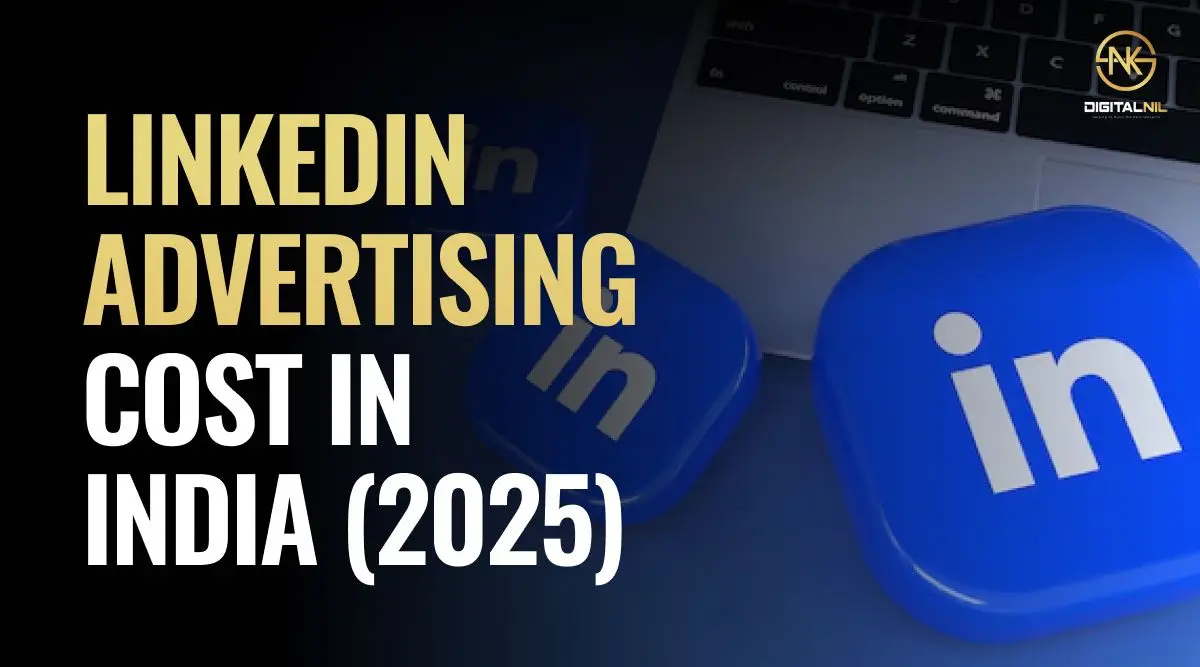What is PPC Keyword Research?
Online advertising that charges fees based on visitor clicks is commonly referred to as PPC advertising. Websites, social media platforms, and search results pages all have PPC advertisements.
You must select relevant terms or keywords whenever you create an advertisement on a platform like Google Ads. When someone searches or visits a website using that keyword, the platform will attempt to advertise it.
You’ll have a better chance of accomplishing these two objectives when you select keywords that are appropriate for your landing page, audience, and advertisement:
- Message match: Visitors searching for your keywords will understand your advertising and landing pages, encouraging them to convert. (The method known as message match goes above and beyond standard best practices.)
- Audience match: Those interested in your selected terms will see your advertisement on various websites. You will likely gain clicks and conversions with more engaged viewers.
The opposite happens if you use the wrong keywords.
Different Types of PPC Keywords
Understanding each category is essential to producing relevant advertising that suits the underlying search intent of the keywords.
Google suggests some of these categories straight to your Google AdWords account. SEM tools provide further guidance to aid you with your PPC keyword research
Search Intent
Although there are other ways to group keywords according to search intent, SEM tools frequently include the following categories:
- Informative: The searcher is trying to find information, such as tutorials or definitional content.
- Navigation: The searcher wants to log in to an existing account or seek a particular website or business.
- Commercial: Searchers usually conduct research when looking for goods or services. They might not be in the mood to buy right then, but they might search for something particular.
- Transactional: Keywords with the highest purchasing intent fall into this category. Whether purchasing something, making a reservation, or registering for a service, the user wants to act immediately.
The most effective keywords to target for pay-per-click advertising are those with high search intent, mainly transactional or commercial keywords.
You can get search traffic with these phrases at the peak of purchasing intent. For these keywords, your ads should drive more visitors to your website and increase the number of users who become customers.
In the navigational category, many brands will also opt to place a bid, especially for queries involving their brand. It’s a method to increase visitor acquisition for your business in addition to organic search results.
Additionally, you may use navigational (sometimes known as “branded”) keywords to place bids on the brand names of your rivals and possibly take part in their search traffic.
Keyword Length
Long-tail and short-tail keywords are other categories into which keywords can be separated.
For finding a topic, product, etc., short-tail keywords are the most widely used search strategy. They are the most often searched for each month, yet they lack specificity.
“Shoes” is an excellent example. According to Keyword Planner, this term is searched between 10,000 and 100,000 times a month.
However, long-tail keywords are a less common technique for looking up subjects or products. Although they are less commonly searched each month, they typically have more qualifying terms
In the above scenario, “best running shoes for women” would be a long-tail keyword. With its greater specificity, this keyword could perform better in a PPC ad campaign.
Keyword Match Type
Your keyword strategy may need to be determined depending on your campaign, service, or product. It would help if you had Google assist with some PPC keyword research at different periods. This is where match types come into play.
You have the following options when adding keywords to your PPC campaign:
Exact Match
If you choose an Exact Match, Google only shows your advertisements for the submitted keyword. Additionally, it will contain incredibly close matches, including tiny spelling mistakes, plural forms, or inverted variations. For instance, when someone searches for “shoes”, your advertisement will appear.
Word Match
For your advertisement to appear for search phrase variations, Phrase Match slightly widens the keywords you have specified. Your advertisement may also appear under search keywords like “best shoes for women” if “shoes” is your target keyword.
Broad Match
When you pick Broad Match, Google will display ads for phrases related to your keyword. Your advertisement might also appear when people search for “best running shoes for women” or “Puma women’s sneakers.”
Negative Keywords
Negative keywords are those for which you tell Google not to display your advertisement at all. For instance, you may employ a Broad Match strategy in your shoe campaign. However, by adding phrases like “men’s shoes” or “women’s sandals” as Negative Keywords, you can tell Google not to show your advertisements for specific searches. Similarly, you may wish to avoid using phrases like “free” or “sale.”
Why does PPC keyword research matter?
Knowing which keywords to target and how to target them will directly impact the cost and efficiency of your PPC advertising. PPC keyword research is crucial because of this.
Concentrating on Relevance:
You may find and target the most relevant terms for your business by conducting keyword research. You can improve the chance that your advertisements will appear when potential customers search by matching your ads to the exact phrases they use; this will raise your click-through rates (CTR).
For instance, if you own a sweet shop in Kolkata, you can ensure that people actively looking for your products see your ads by using keywords like “Kolkata’s Rosogolla.”
Cost Effectiveness
Finding profitable keywords is made easier with the use of efficient keyword research. It’s important to bid on the appropriate keywords within your budget to stay manageable on unimportant or fiercely competitive terms—a higher return on investment results from this optimization (ROI).
For instance, a Bangalore real estate agent might discover that bidding on terms like “affordable Bangalore condos” is more economical than general ones like “Bangalore real estate.”
Improved Quality Score
Quality Score is a tool that search engines like Google use to assess the relevancy and quality of your landing pages and adverts. Finding keywords that complement your landing pages and ad copy with the help of keyword research will raise your Quality Score. Lower costs per click (CPC) and better ad positioning can result from a high Quality Score.
For instance, if you’re marketing a Mumbai fitness facility, you can increase your Quality Score by matching keywords like “Mumbai gym membership” to pertinent ad content.
Negative Keywords
Finding negative keywords for which you don’t want your advertising to appear is another crucial aspect of keyword research besides choosing the appropriate keywords to target. When irrelevant visitors are eliminated with the help of negative keywords, less money is wasted on ads.
For instance, adding “cheap” or “budget” as negative keywords will ensure that visitors looking for affordable travel choices won’t see your advertising if you provide luxurious trips.
Long-Tail Keywords
Long-tail keywords are more precise; longer phrases are frequently associated with lesser competition and higher conversion rates. You may access niche markets using keyword research to find these undiscovered treasures.
Targeting long-tail keywords such as “rare first-edition books in Delhi” could benefit a boutique bookstore.
Relevance of Ad Copy and Landing Pages
Your landing pages and ad copy content are informed by keyword research. The user journey from search query to conversion is smooth when your keywords are thoughtfully incorporated into your adverts and landing pages.
If your digital marketing company targets “PPC management services,” use this keyword in your ad text to let users know they’ve discovered the right solution.
An advantage over competitors
Extensive keyword research keeps you one step ahead of rivals. You can obtain a competitive edge in your niche by seeing holes in their keyword strategies or finding uncommon, unexplored keywords.
For instance, rivals might not focus on particular geographic modifiers, such as “best butter chicken restaurant in Chandani Chowk,” which presents a chance for you to rule locally.
How to Research PPC Keywords
To properly utilize the advantages of keyword research, take the following actions:
- Recognize Your Industry: First, understand your target market, goods and services, and company objectives.
- Keywords for brainstorming: Make a list of possible search terms and phrases that members of your audience could use to discover what you have to offer.
- Employ Keyword Research Tools: To increase the size of your list, find search volumes, and assess competition, use keyword research tools such as Google Keyword Planner, SEMrush, and Moz Keyword Explorer.
- Analyze Rivals: Look into the keyword strategy of your rivals to find weaknesses and openings.
- Streamline Your List: Sort the keywords according to cost-effectiveness, competition, search volume, and relevancy.
- Use Negative Keywords: To weed out unrelated traffic, determine negative keywords.
- Group Keywords: Sort similar terms into ad groups so that you may create customized adverts.
- Make landing pages and ad copy: Create landing pages and ad material that complement your selected keywords.
- Monitor and Modify: Keep a close eye on the effectiveness of your campaign and make necessary modifications in light of data and trends.
Best PPC Keyword Research Tools
Google Keyword Planner
Getting information straight from the source is sometimes the best way to begin PPC keyword research. Since Keyword Planner obtains its data straight from Google, you can trust that it is accurate.
It’s not the smoothest instrument, so beginners might find it a little terrifying. You are still bound to use Google, even if you would like to perform PPC advertising on search engines other than Google, like Bing or Yandex.
Ahrefs
Ahrefs is a well-liked tool for search engine marketing, both sponsored and organic. Although the dashboard’s keyword research section mainly focuses on organic Search Engine Optimisation (SEO), it provides a wealth of PPC data.
You can arrange keywords into lists, much like with Keyword Planner. Once your initial keyword list is more manageable, you can export it and import it into Google AdWords as needed.
SEMRush
SEMRush offers digital marketers a wide range of services, including SEO, social media posting, content marketing, and more. Compared to Ahrefs, it provides more structured alternatives for PPC keyword research.
Using an SEMRush PPC keyword tool, you can quickly review, organize, and remove words from various lists based on the campaigns you wish to run
Subscribing to the AdClarity addon allows you to monitor competitors’ ad expenditure and performance for an additional monthly charge.
Start your PPC keyword research today with DigitalNil.
Keyword research should be your first step, whether you’re new to Google Ads or an experienced marketer trying to improve your PPC tactics.
Good PPC keyword research increases the effectiveness of your ad spend and performance, enabling your ads to produce profitable outcomes consistently.
We know PPC is difficult and time-consuming, so DigitalNil is here to support you along the way and create intriguing campaigns that enhance your website’s traffic, leads, and sales. We aim to assist you in making the most of your efforts.
DigitalNil is the top SEO and digital marketing firm in Pune. We help companies improve their online presence through unique ideas and strategies that ultimately offer great results and raise investment value.
Our top clients trust and stick with us because of our dedication, excellent service, and outcomes.













